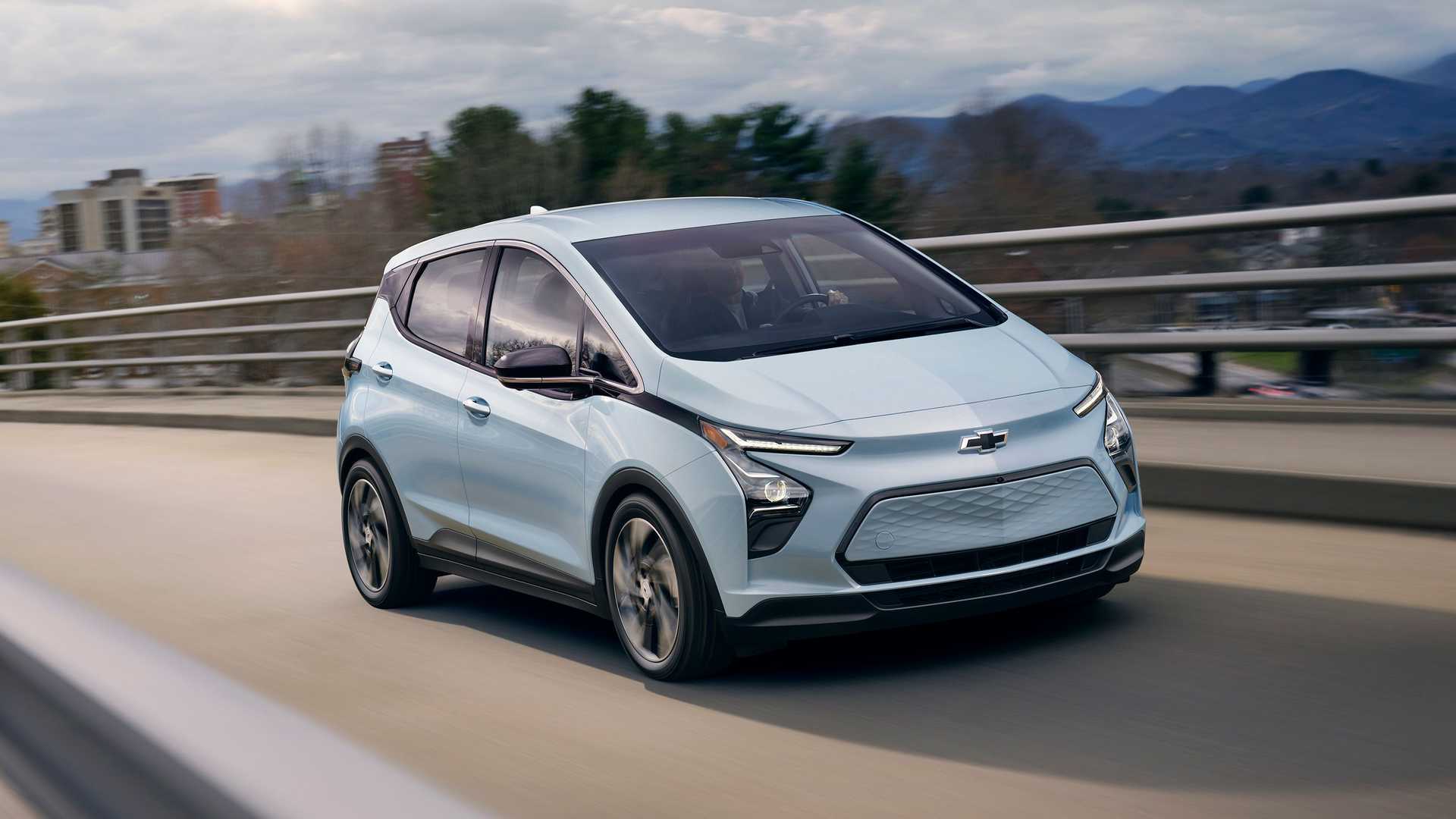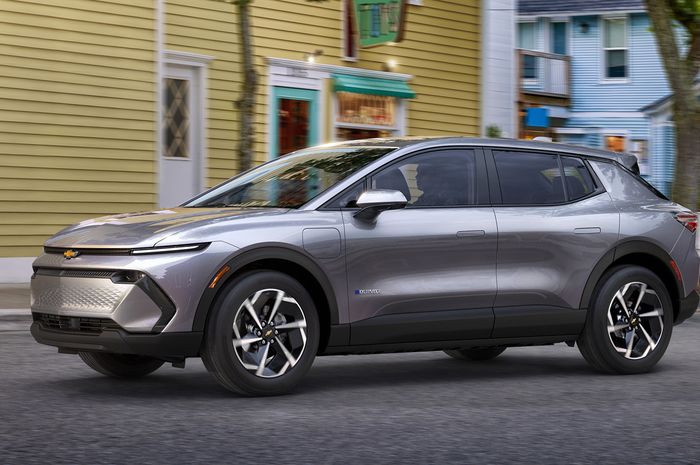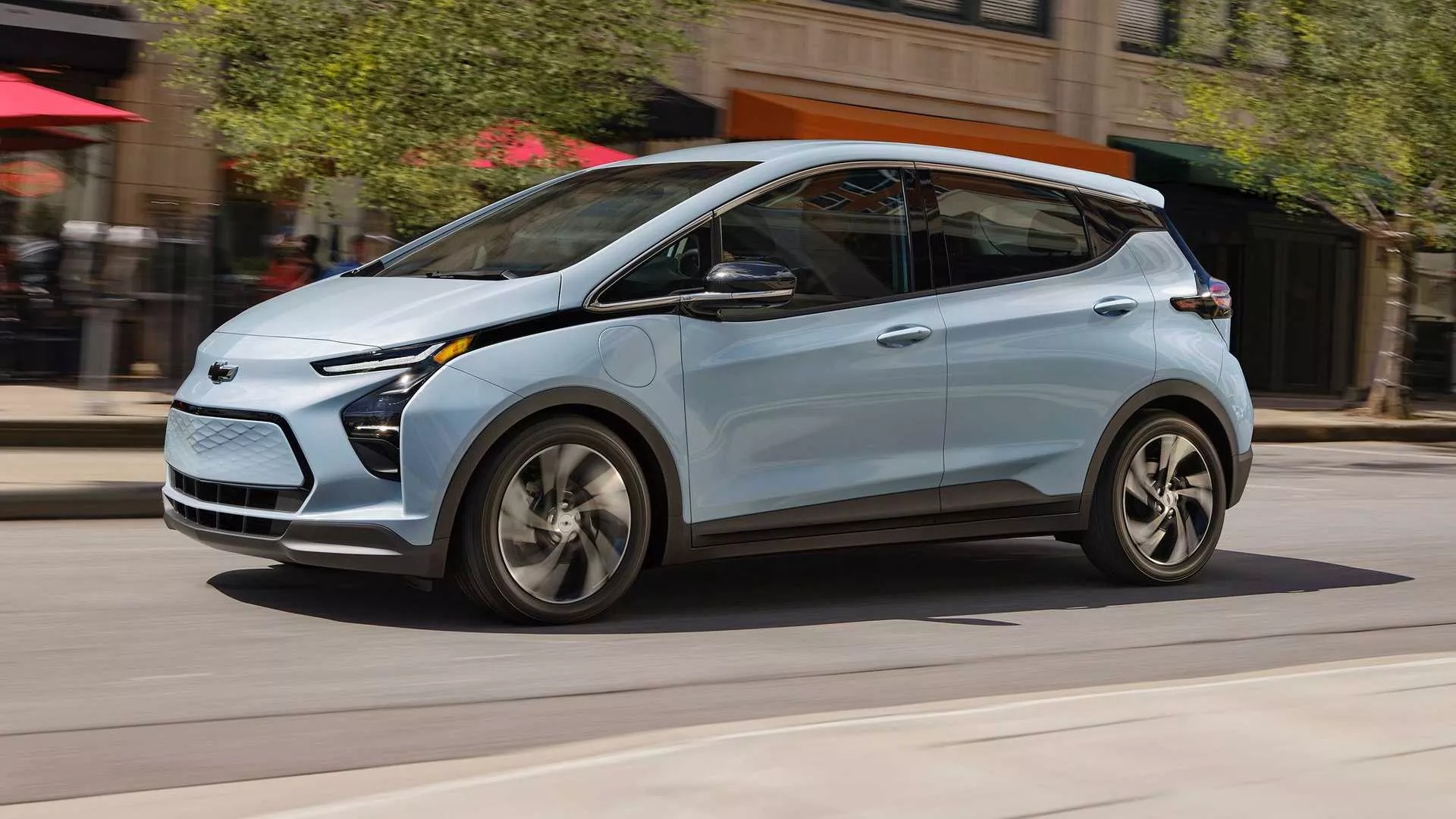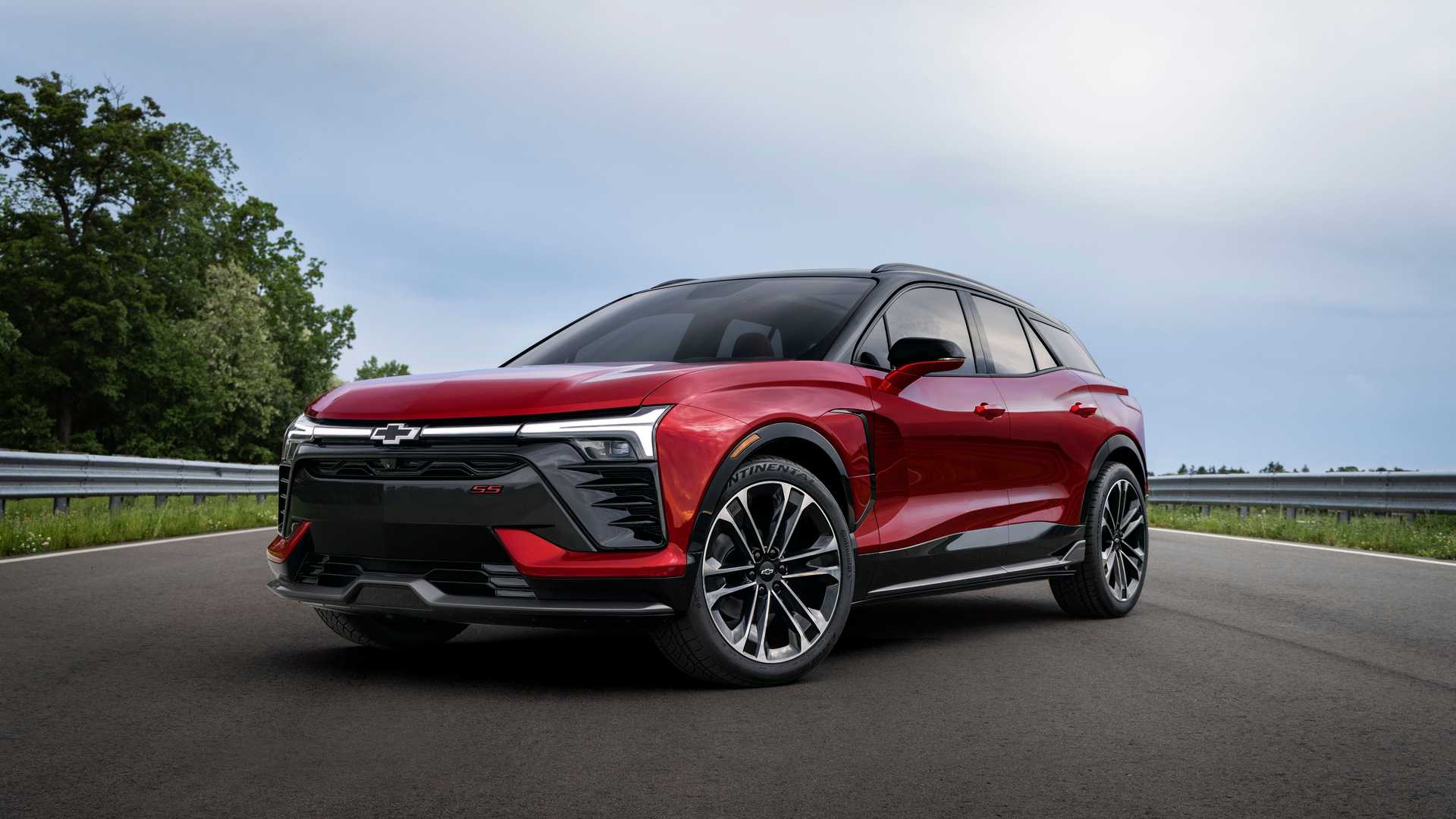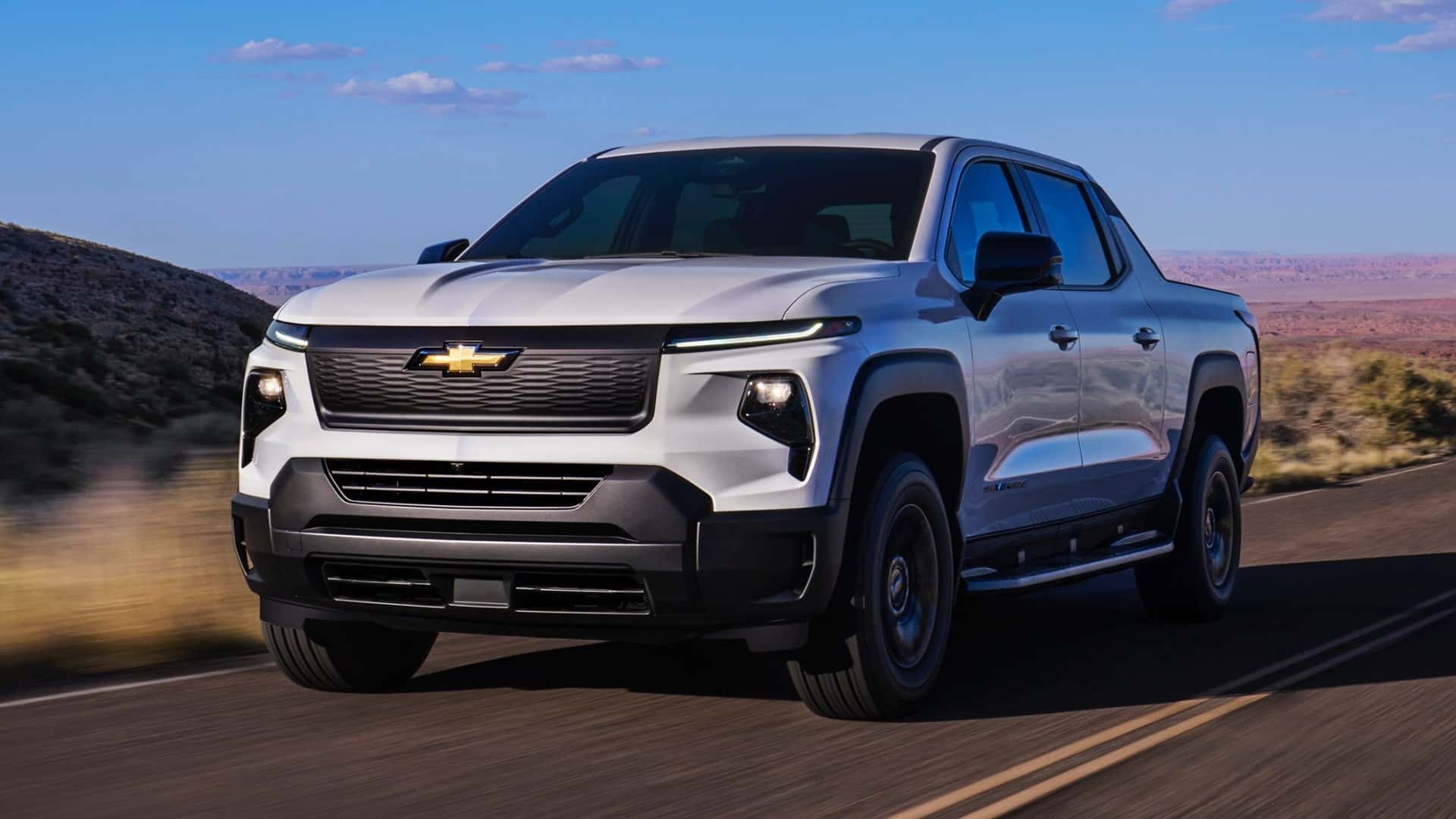General Motors (GM) has announced plans to discontinue the smaller Chevrolet Bolt EV in favor of its larger counterpart, the Bolt EUV, due to the overwhelming popularity of the crossover model. Despite the success of the Bolt EV in achieving its best sales year to date, GM officials confirmed that the upcoming next-generation Bolt, set to debut in 2025, will exclusively feature the larger EUV variant.
A GM spokesperson acknowledged the enthusiasm surrounding the upcoming release, stating, “We are glad to see the enthusiasm surrounding the upcoming Chevrolet Bolt. We will share details as we get closer to its launch date. We’re excited, as the new Bolt will build on the formula that has made it the success it is today.”
The decision to prioritize the Bolt EUV aligns with market trends, with the crossover model reportedly outselling the smaller Bolt EV at a rate of approximately two-to-one. Despite GM not providing specific sales figures for each model, the combined sales for both Bolts reached 49,494 units between January and September, marking a substantial 125% increase compared to the same period in 2022.
The Bolt’s popularity surged this year, driven by the attractive pricing further reduced by the new Inflation Reduction Act’s electric tax credits. With federal and state tax credits, along with dealer discounts, buyers were able to acquire many Bolt models in the $20,000 range—an appealing proposition for an electric vehicle offering a respectable 259- or 247-mile range.
However, the Bolt’s age and limitations are apparent, having first debuted in 2016. The smaller Bolt is equipped with a 55 kW DC fast charging capability, making it less competitive in terms of charging speed compared to newer rivals. The outdated battery setup led to the initial cancellation of the model earlier this year. GM subsequently reversed the decision, emphasizing the Bolt’s profitability and popularity, confirming the next-generation Bolt’s use of Ultium batteries and architecture.
The forthcoming Bolt is expected to feature lower-cost LFP batteries, faster charging, advanced safety features, and other significant upgrades while maintaining a similar pricing level. The strategic move to focus on the Bolt EUV reflects GM’s response to market demand and positions the automaker to capitalize on the success of the larger crossover model in the evolving electric vehicle landscape.

